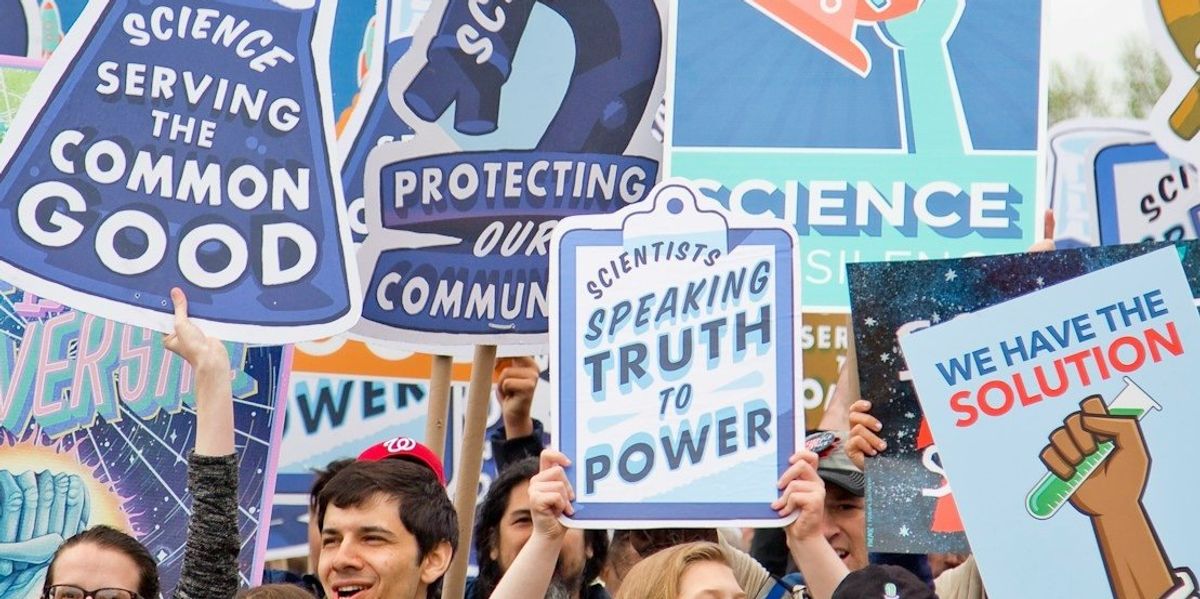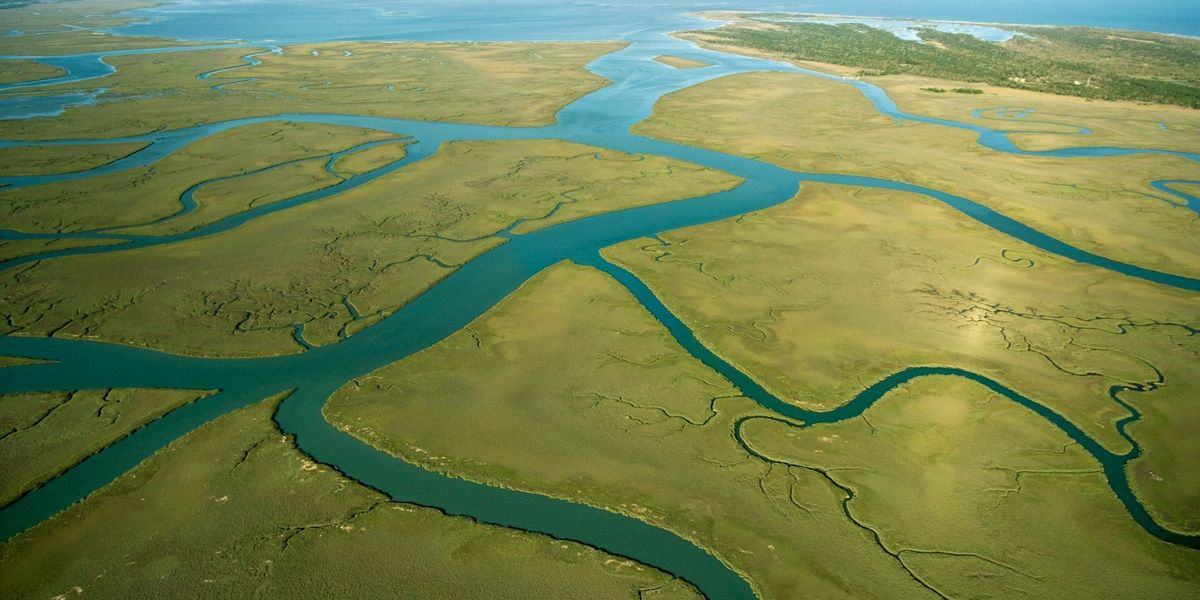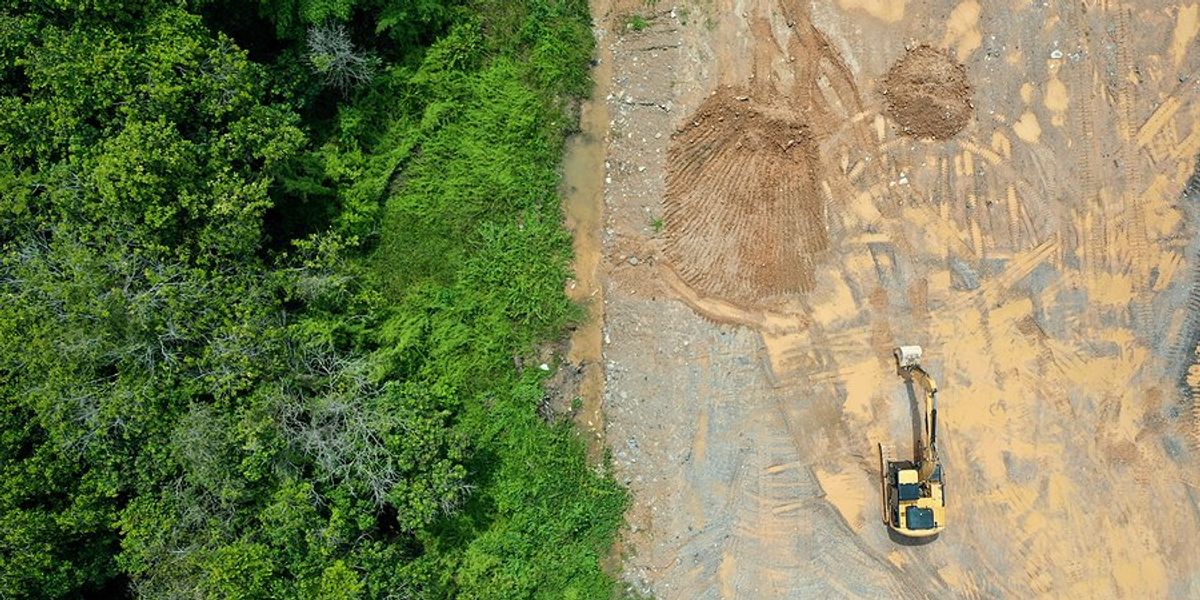Maryland governor vetoes climate and reparations studies, raising concerns over justice commitments
Gov. Wes Moore vetoed several environmental and racial justice bills passed by the Maryland legislature, surprising allies and prompting backlash over what some see as a retreat from his administration’s progressive agenda.
Aman Azhar reports for Inside Climate News.
In short:
- Gov. Moore rejected bills that would have studied greenhouse gas costs, energy reliability, and the impacts of data centers, citing budget constraints and redundancy.
- A vetoed reparations study bill — backed by the state's Black caucus — would have examined Maryland's legacy of racial discrimination and proposed remedies.
- Environmental and racial justice advocates say Moore’s decisions signal a shift away from campaign promises, with some organizing to override the vetoes.
Key quote:
“This veto is extremely frustrating and simply does not support the state’s climate goals.”
— Kim Coble, executive director of the Maryland League of Conservation Voters
Why this matters:
Climate change and racial injustice are deeply interconnected. Low-income and Black communities in Maryland and across the country face higher exposure to pollution, heat, and flooding, while often having fewer resources to recover from disasters. Studies like the ones vetoed in Maryland help quantify these burdens and support future policies that shift costs to polluters. By halting this kind of data collection, policymakers risk missing opportunities to plan for future infrastructure stress, especially from energy-hungry industries like data centers, or to identify who should pay for the damage already done. Advocates argue that understanding the full scope of environmental and historical harms is essential to crafting targeted, evidence-based responses.
Learn more: Maryland governor plans $2 billion in cuts, scaling back climate efforts













